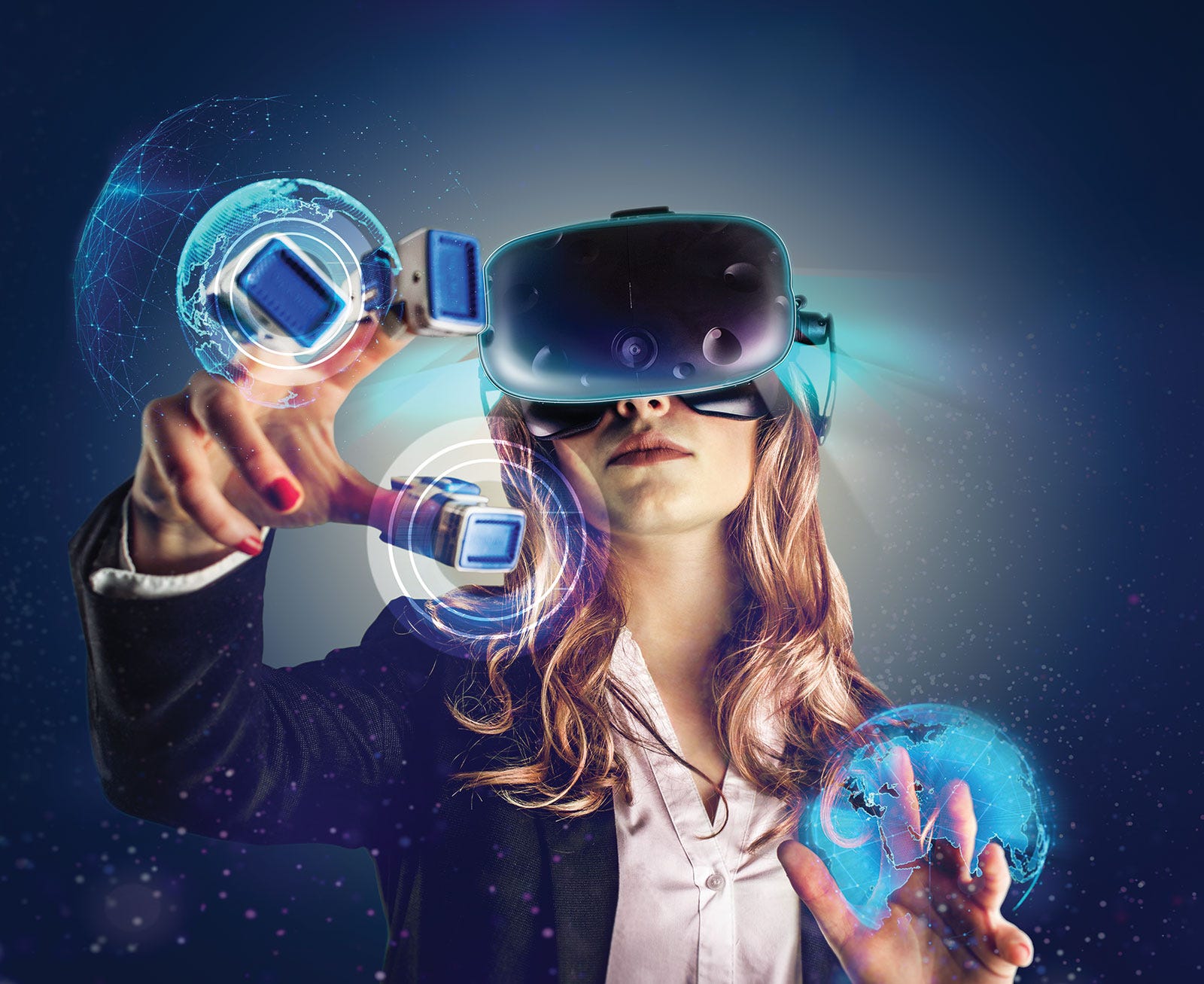
VR technologies are becoming more and more common in our modern marketplace. Big players such as Google, Microsoft, Oculus, Sony, and Samsung are continuously pushing the limits and applications of VR. Generally, VR market is considered very attractive for many industry players. With approximately 171 million users and a global consumer value of $4.5 billion in 2018, the VR market is expected to grow massively at an extraordinary rate. So how exactly does VR technology impact our daily life?
VR has impacted our life in many aspects, starting from entertainment, education, to even health. In entertainment, one of the most popular VR applications is the experience of a virtual theme park. This form of entertainment allows consumers to experience theme park at a lower cost. Through this example, VR offers alternative form of entertainment in a very attractive way to consumers. In other instances, VR enables students to study remotely, making education more and more accessible. Ultimately, VR provides a substantial contribution in the health industry as well, allowing virtual surgery simulation to reduce errors and injuries during real-life surgeries.
Despite the many significant and positive contributions of VR in many aspects of our life, the negative influence of is rarely discussed. Yes, VR has negative influence too, just like any other technologies developed by humans. One of the biggest dangers that VR poses is the disconnection from the real-world. There have been many cases of people losing touch with reality due to extreme immersion within the virtual world or gaming. Some examples include multiple deaths in Korea, reported by Time Magazine, due to excessive gaming. Another incident is regarding a 3-month-old child being starved to death as the parents abandoned him for virtual gaming. Last, there is also a case of 22-year-old man that passed away due to cardiac arrest after playing video game for 50 hours straight. It can be said that VR can create a world that immerses people even deeper within the virtual world, leading to an increasing trend of excessive video gaming. Other than disconnection from the real-world, VR can also lead to many examples of physical and mental injuries. Excessive use of VR technologies can worsen the eyesight, expose people to radiation, even increasing anxiety disorder. All in all, VR indeed can be hazardous for both physical and mental health of its users. The worse of it is that there is no concrete regulation yet that is created to control the user of VR.
So yes, VR is bringing substantial contribution to humanity, and it is a future that everyone is looking forward to. However, along with the development of VR and its applications, we need to also come up with ways to control the usage of VR and reducing its hazardous effects.
References:
https://technologyandsociety.org/virtual-reality-ethical-challenges-and-dangers/
https://reporter.rit.edu/views/dangers-giving-virtual-reality
https://www.ucf.edu/online/hospitality/news/vr-theme-parks-revolutionizing-amusement-hospitality/
